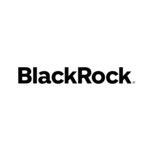JSE brings STP to bond confirmations
In an effort to reduce operational risk, improve automation and straight through processing the Johannesburg Stock Exchange (JSE) has been engaging with the investment management community and Swift to automate the bond confirmation process. A collaborative effort has resulted in the implementation of MT515 messages over Swift on behalf of the respective bond brokers.


































































